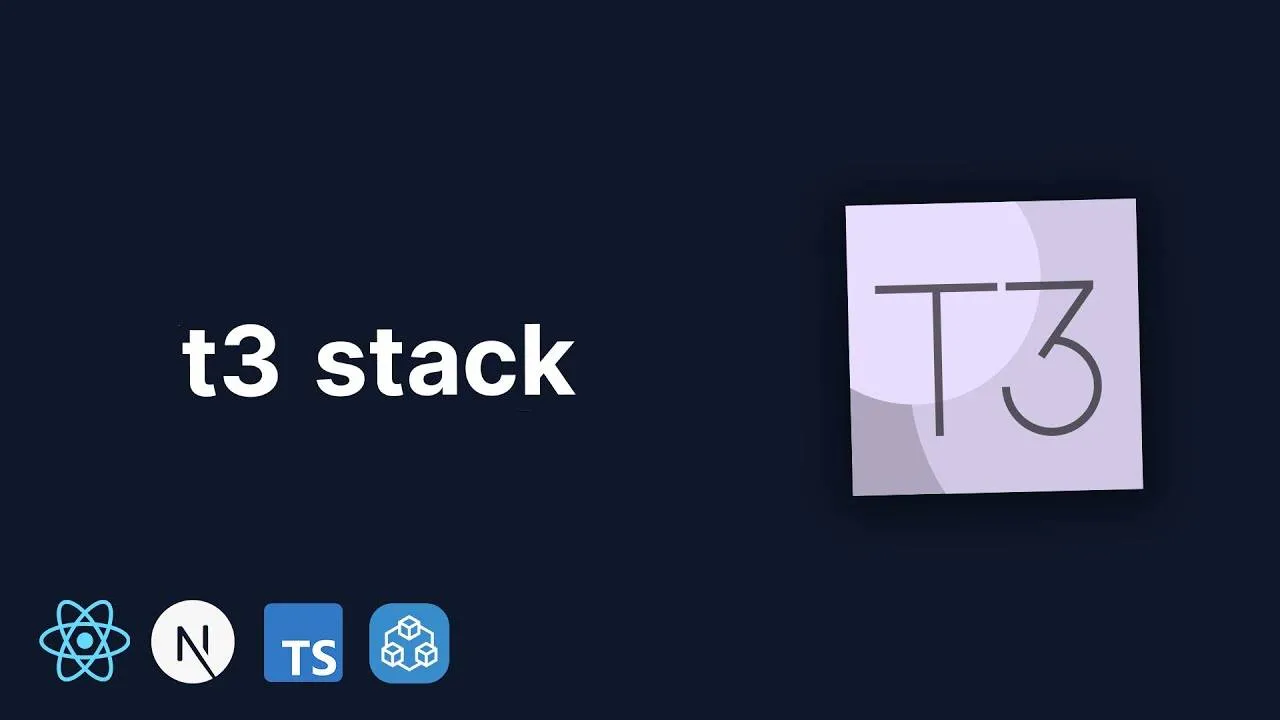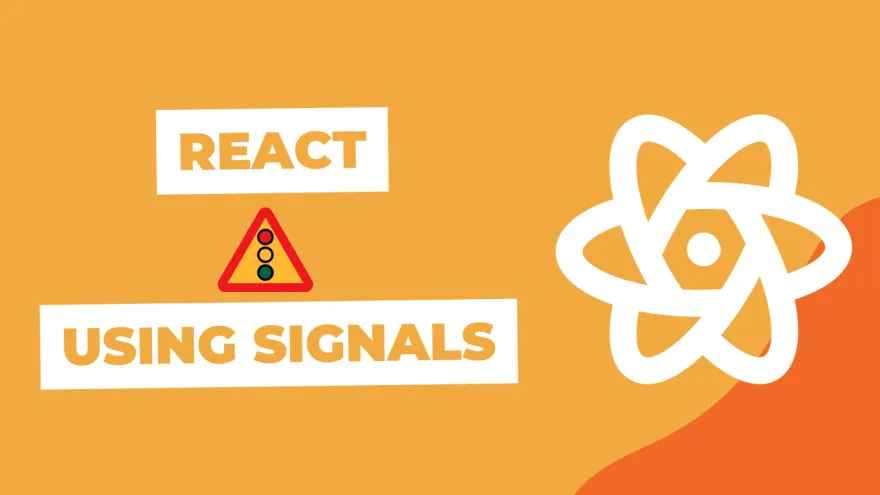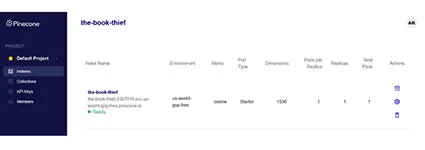Rails 8 and Active Job Enhancements: What's New for Developers?
Ruby on Rails has always been a favourite framework for building modern web applications. With the release of Rails 8, developers are now armed with enhanced features that significantly improve performance, scalability, and developer productivity. One of the standout additions to this release is the upgrades to Active Job, which bring a host of new capabilities to improve background job processing. In this blog post, we'll explore the exciting new features and optimizations that Rails 8 introduces, and how developers can leverage these enhancements to build more efficient, responsive applications.
What’s New in Rails 8?
Rails 8 brings several improvements, but among the most impactful are the updates to Active Job, along with other features that enhance the overall developer experience.
Active Job Enhancements: A Game Changer
Active Job is a framework for declaring jobs and making them run on various queuing backends. The new features in Rails 8 make it even more powerful and developer-friendly. Here's a breakdown of some notable enhancements:
1. Improved Performance with Async Jobs
Rails 8 introduces more efficient handling of asynchronous jobs. These jobs, which run in the background without blocking the main application thread, are now optimized to perform faster, enabling more efficient task management without impacting app performance.
# app/jobs/notification_job.rb
class NotificationJob < ApplicationJob
# New in Rails 8: Priority queuing
queue_as_priority :high
# New in Rails 8: Improved retry with exponential backoff
retry_on StandardError, wait: :exponentially_longer, attempts: 3
def perform(user_id)
user = User.find(user_id)
# New in Rails 8: Built-in progress tracking
track_progress(total: 2) do |progress|
# Send notification email
NotificationMailer.welcome_email(user).deliver_now
progress.increment
# Update user's notification status
user.update(notification_sent: true)
progress.increment
end
end
end
# Usage in controller
class UsersController < ApplicationController
def create
@user = User.new(user_params)
if @user.save
# New in Rails 8: Enhanced job scheduling
NotificationJob
.set(
wait_until: 5.minutes.from_now,
tags: ['welcome', "user_#{@user.id}"]
)
.perform_later(@user.id)
redirect_to @user, notice: 'Welcome email will be sent shortly.'
end
end
end
2. Support for Job Priorities
One of the most requested features, job prioritization, allows developers to define job priorities and ensure that critical tasks are processed first. Rails 8 adds a simple way to assign priority levels to jobs, so you can ensure that your time-sensitive operations take precedence.
class NotificationJob < ApplicationJob
queue_as :default
HIGH = 1
LOW = 50
def perform(user_id, priority = HIGH)
self.priority = priority
user = User.find(user_id)
priority == HIGH ?
NotificationService.urgent(user) :
NotificationService.standard(user)
end
end
# Usage:
NotificationJob.perform_later(user.id) # High priority
NotificationJob.perform_later(user.id, NotificationJob::LOW) # Low priority
3. Advanced Retry Mechanism
Rails 8 enhances the retry mechanism for failed jobs. You can now fine-tune the retry strategy with more control over the number of retries and the intervals between attempts. This ensures that transient errors don’t cause jobs to fail permanently, improving the reliability of background job processing.
class ImportantProcessJob < ApplicationJob
queue_as :default
# Configure retry strategy
retry_on StandardError,
attempts: 5, # Maximum retry attempts
wait: :exponentially_longer, # Exponential backoff
jitter: 0.15, # Add randomness to prevent thundering herd
priority: ->(attempt) { attempt * 10 }, # Lower priority for each retry
fallback: ->(error) { # Custom fallback after all retries
ErrorNotifier.alert(error)
}
retry_intervals [5, 15, 30, 60, 120]
def perform(data)
# Simulate processing that might fail
raise StandardError, "API timeout" if rand < 0.3
ProcessingService.call(data)
rescue RetryableError => e
# Log error details for monitoring
Rails.logger.error("Retry #{@attempt} for #{data}: #{e.message}")
raise # Re-raise to trigger retry
end
# Optional: Custom retry condition
def retry_now?
!MaintenanceWindow.active? && super
end
end
# Usage:
ImportantProcessJob.perform_later(data)
4. Job Scheduling and Cron-Like Features
With the addition of cron-like functionality, Rails 8 makes it easier to schedule recurring jobs at specific times, reducing the need for third-party job scheduling libraries. The integration of this feature simplifies the setup of timed tasks and allows you to manage them within the Rails ecosystem.
class WeeklyReportJob < ApplicationJob
queue_as :default
schedule :weekly do
cron "0 9 * * 1" # Every Monday at 9 AM
cron "0 0 1 * *", as: :monthly # First day of each month
timezone 'UTC'
if: -> { Feature.reporting_enabled? }
queue :reports # Override queue for scheduled runs
end
def perform(report_type = :weekly)
case report_type
when :weekly
generate_and_notify(:weekly, Team.active)
when :monthly
generate_and_notify(:monthly, Management.all)
end
end
private
def generate_and_notify(type, recipients)
Report.generate(type)
recipients.each { |r| ReportMailer.send(type, r).deliver_later }
end
end
# Usage:
WeeklyReportJob.next_scheduled_at # Check next run
WeeklyReportJob.perform_later(:monthly) # Manual trigger
WeeklyReportJob.schedule_for(:weekly).disable! # Pause scheduling
What’s New in Ruby on Rails 8.0 Beta 1?
Ruby on Rails 8.0 Beta 1 introduces powerful upgrades to streamline development and reduce dependencies. With dropped support for Ruby 3.1, Rails now requires Ruby 3.2.0, bringing the latest Ruby enhancements to the forefront. A major highlight is the native authentication system, eliminating reliance on third-party gems like Devise and giving developers greater control over session management.
The Solid Trifecta—comprising Solid Cable, Solid Cache, and Solid Queue—makes Rails' WebSocket, caching, and job queuing capabilities fully database-backed, reducing the need for Redis or Memcached. Additionally, Propshaft replaces Sprockets for lighter asset management, and Kamal 2 simplifies deployment with Docker support and automated TLS configuration. New developer tools, rate-limiting capabilities, and security enhancements further enrich the Rails experience, making it faster, safer, and easier to deploy.
Why Upgrade to Ruby on Rails Latest Version?
Upgrading to Rails 8.0 brings essential benefits beyond new features, including increased security, reduced technical debt, and optimized performance. By transitioning to database-backed solutions and more efficient asset management, Rails 8.0 minimizes reliance on third-party services, allowing developers to build leaner, more reliable applications. The latest Rails version supports modern web development needs and equips teams with enhanced deployment, caching, and background task management capabilities for a seamless, streamlined workflow.
Key Features of Rails 8 for Developers
Apart from the updates to Active Job, Rails 8 also brings several new features that will streamline development:
- Enhanced Hotwire Support Hotwire, the modern alternative to JavaScript-heavy frontends, continues to evolve in Rails 8. With updates to both Turbo and Stimulus, you now have a more integrated solution for building fast, real-time applications. This eliminates the need for complex JavaScript frameworks, simplifying the development process.
- Performance Improvements Rails 8 includes multiple performance improvements under the hood, including faster response times, optimized database queries, and better memory management. These improvements mean that applications built with Rails 8 will be more responsive and scalable, reducing the time spent on debugging and optimizing.
- Updated ActiveRecord Features The ActiveRecord API has been refined in Rails 8, introducing new methods for querying databases more efficiently. These methods offer better support for complex queries and are designed to work seamlessly with modern relational databases, helping developers write cleaner and more performant code.
- Better Security Features Rails 8 focuses on improving the security of applications by implementing stronger defaults for things like content security policy (CSP) and cookie handling. The release also addresses common vulnerabilities, such as SQL injection, making your applications more robust against cyber threats.
How Active Job Integrates with Other Rails 8 Enhancements
The integration of Active Job with other enhancements in Rails 8 brings several synergies that developers can take advantage of:
- Smooth Integration with Hotwire Active Job’s ability to manage background tasks is now more integrated with Hotwire, making it easier to process background jobs in real time. You can now send updates to clients in real-time while still offloading heavy tasks to the background, ensuring both efficiency and responsiveness in your application.
- Using Active Job for Scheduled Tasks The addition of cron-like features in Active Job makes it possible to schedule recurring tasks directly in Rails. With this integration, developers no longer need to rely on external tools like cron or third-party libraries, streamlining their workflow and reducing complexity.
Performance Enhancements in Rails 8
- Faster Job Queues With Active Job’s new optimizations, jobs now execute faster with lower latency, thanks to smarter queuing systems. The async queue now has an improved architecture that reduces overhead, meaning your jobs will complete quicker and the system will handle more simultaneous tasks without degradation in performance.
- Better Scalability Rails 8 provides new scalability features that work hand-in-hand with Active Job. As your application scales, the background jobs can be processed more efficiently, allowing you to handle larger workloads without impacting performance. With these improvements, Rails 8 ensures that developers can build scalable applications with confidence.
Why Should You Care About Rails 8 Active Job Enhancements?
If you’re developing applications that rely heavily on background job processing, Rails 8’s Active Job enhancements are critical. These features are designed to improve app performance, increase job reliability, and simplify job scheduling, making your applications faster and more reliable.
As more businesses adopt cloud services and microservices, the need for efficient background job processing grows. Active Job’s ability to handle these demands seamlessly allows you to scale applications without worrying about complex background processing configurations.
The Role of AI in Job Processing
As we continue to evolve in the tech space, one area that has seen rapid advancements is the integration of AI into job processing systems. Rails 8, with its more efficient background processing and enhanced features, could be paired with AI tools to further optimize job management. Machine learning models can predict the best times to execute jobs, monitor job failures, and even automate retry strategies based on historical data.
By integrating AI-driven insights into Rails 8's Active Job system, developers can create self-healing job architectures that dynamically adjust based on real-time data. This not only boosts efficiency but also enables a level of automation previously unavailable in traditional job processing systems.
Conclusion: Rails 8 Is Here to Stay
Rails 8 introduces crucial updates that enhance the core framework and Active Job, paving the way for more efficient, scalable, and reliable web applications. Whether you're a seasoned Rails developer or just starting out, embracing these updates will significantly improve your ability to handle background jobs, perform better queries, and build scalable systems.
Now is the perfect time to explore these new features and start applying them to your projects. Try upgrading your applications to Rails 8, experiment with Active Job’s new capabilities, and streamline your development process.
Ready to optimize your background jobs with Rails 8? Dive into our other blogs to stay updated on the latest Ruby on Rails features, or get in touch with our team of experts to learn how we can help you improve your development process today!














